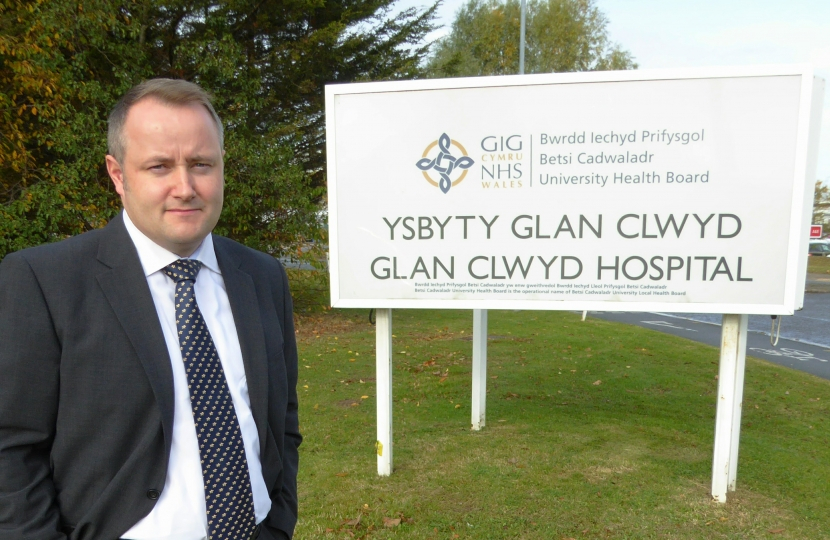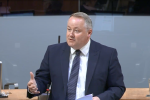
A bombshell ombudsman report has revealed the Welsh Government had instructed health boards to hide any patients referred to English hospitals so they were seen to report better in meeting their waiting times target.
The findings of an investigation by Public Services Ombudsman for Wales into a complaint from 2019 found that “in August 2019, the Welsh policy position in accordance with Welsh Government guidance was that, only patients treated in Wales were reported against the Welsh cancer waiting time targets.”
Therefore, the health board only undertook harm reviews and produced “breach reports” for the patients it treated, and did not apply to those referred by the board for treatment in England, even though they lived under the health board’s jurisdiction and fell under their duty of care.
The complaint was made by “Mr Y” against the North Wales’ beleaguered Betsi Cadwaladr health board regarding the prostate cancer care and treatment he received. He alleged the Board “failed to meet the guidelines for cancer diagnosis which led to him seeking private treatment due to concerns about the impact of the wait for treatment”, prompting the investigation.
The investigator subsequently found that eight of the 16 patients on the waiting list in August 2019 were referred to England for treatment. The Ombudsman stated:
“If they had been treated in Wales, the breaches of the target timescales would have been reported for all eight patients because the amount of time they waited for treatment exceeded the 62 and 31-day target for cancer referral to treatment.”
The target times relate to whether a patient had been designated as urgent or non-urgent suspected cancer. Four of the patients on the waiting list who were treated by the Health Board had exceeded the cancer waiting time target. The damning conclusion of the Ombudsman was that:
“While the Welsh policy position at the time meant there was no requirement to produce breach reports to the Welsh Government or to carry out harm reviews for Health Board patients treated in England, the geographical location of treatment should not have left these eight patients in the position where they were denied the harm review process because they were treated outside Wales.
“Regardless of the Welsh policy position at the time, the Health Board was obliged to undertake appropriate monitoring of the care and treatment of its patients under its commissioning and contracting arrangements. It should also have considered the impact of the delay in treatment. These failures amounted to maladministration.”
Commenting on the shocking revelations, Welsh Conservative and Shadow Health Minister Russell George MS said:
“This is nothing short of a scandal.
“Referring patients to England, in itself, is not bad – it could be more convenient for them – but to do so and use it as an opportunity to massage the stats to make the health board look better is utterly contemptible, especially when we are dealing with cancer.
“Measures regarding waiting times serve an important purpose in identifying best and poor practice that can teach everybody about how best to deliver healthcare. That they have been compromised by the Government is worrying in the extreme and could have repercussions for patient care.
“I will be exploring all the avenues that could be used to hold the Welsh Government to account, discover how long the policy has been in place for, and if it is still in operation. This amounts to a failure on several fronts and cannot be swept under the carpet.”
Darren Millar MS, Shadow Minister for North Wales, echoed his colleague’s concerns:
“This damning report refers to a period when the Betsi Cadwaladr University Health Board was in special measures and under the direct control of the Welsh Government so it must also share responsibility with the Board for the serious failings identified.
“Ministers who deliberately and dishonestly try to hide the actual numbers of people waiting for cancer treatment in the way described in this report must now be held accountable for their actions.
“The people of North Wales deserve better than this. We must now see a significant improvement in the ability of urology cancer patients to access the services they need.”
